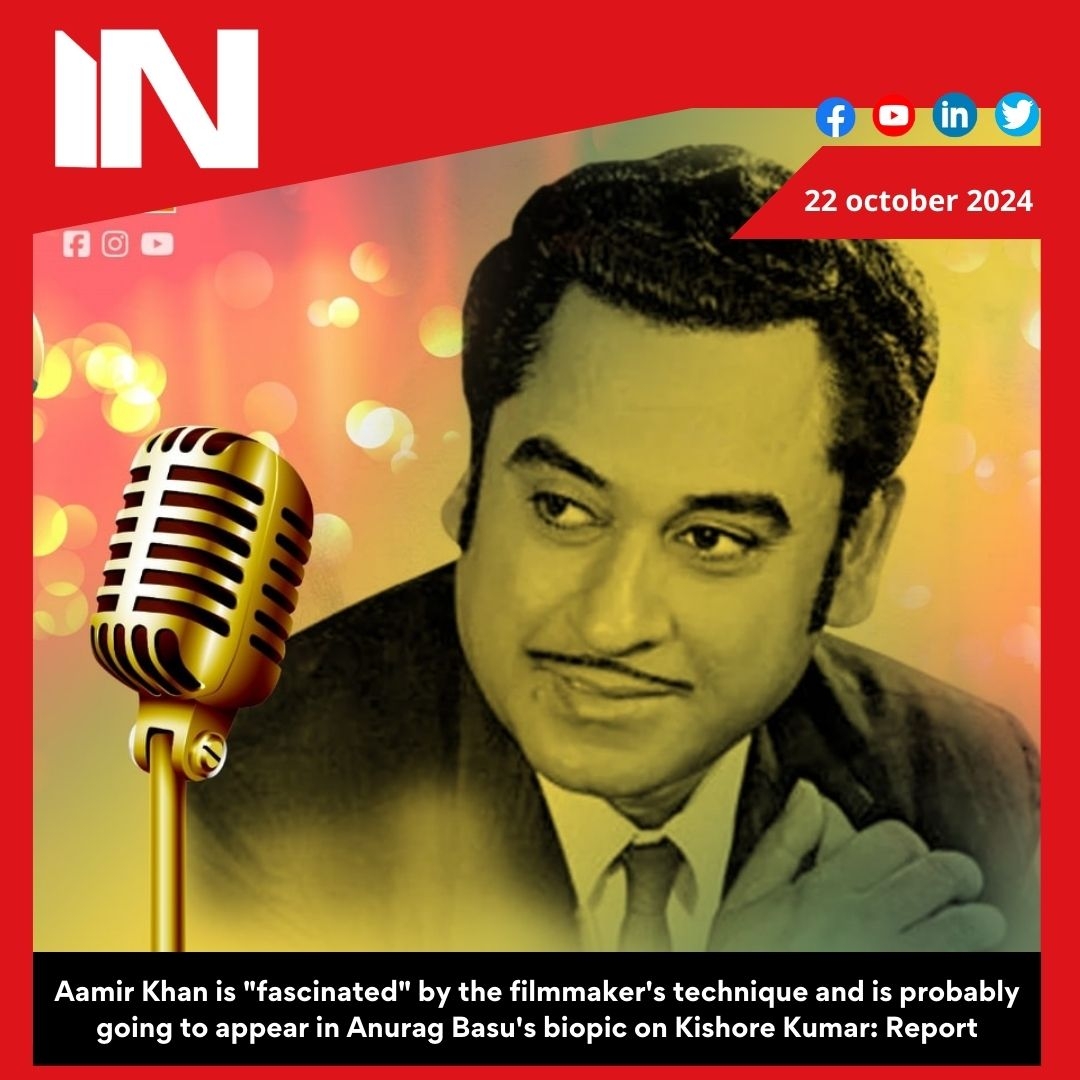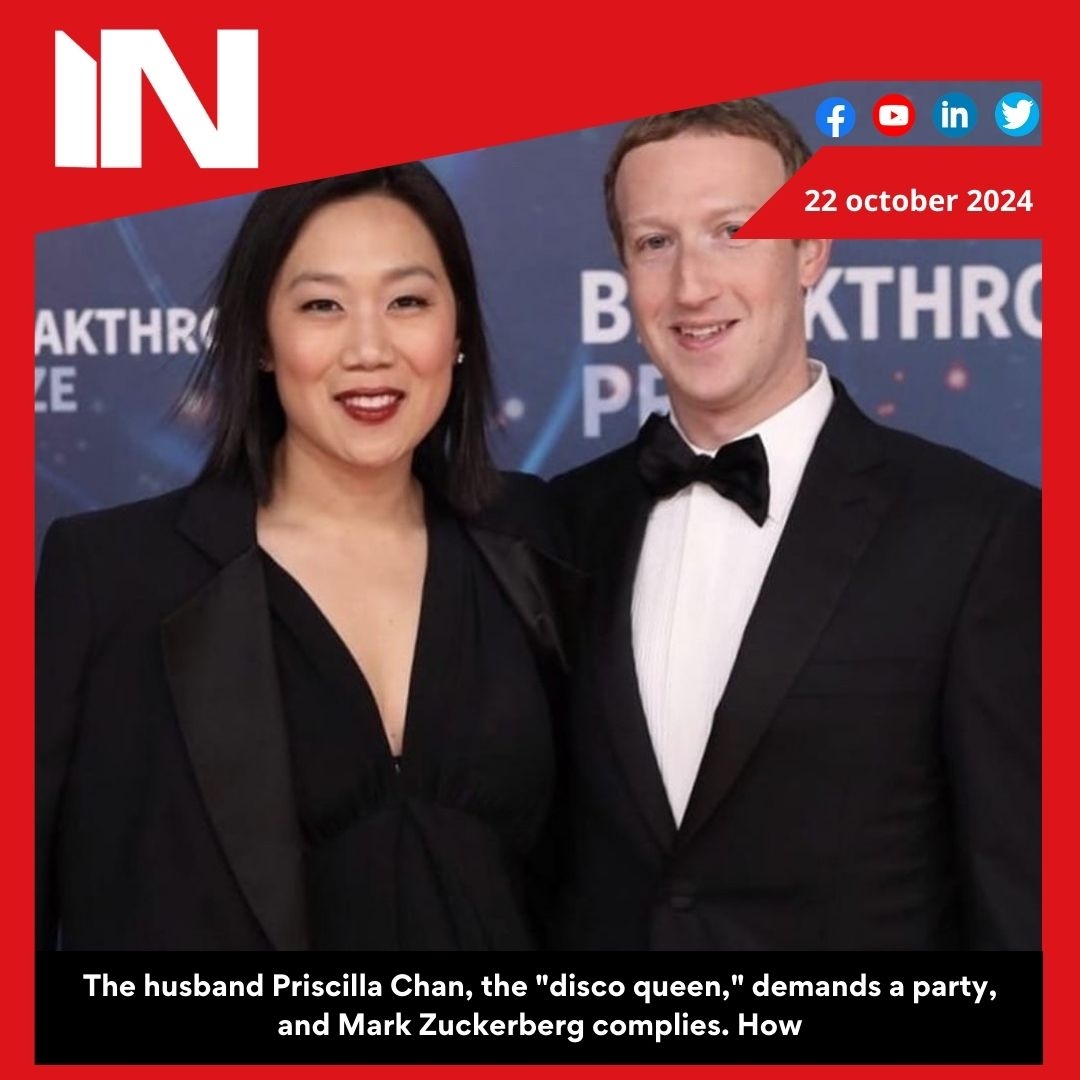Bollywood
Review: Under the guise of sex and female pleasure, “Thank You For Coming” sets a number of firsts for Hindi cinema.
The landscape of Hindi cinema has been evolving over the years, embracing new themes and narratives that challenge traditional norms. “Thank You For Coming,” the latest addition to this cinematic transformation, sets numerous firsts for the industry. Under the guise of exploring sex and female pleasure, this film not only pushes boundaries but also sparks important conversations about sexuality, consent, and women’s empowerment in a country known for its conservative social values.
A Bold Exploration of Female Pleasure
“Thank You For Coming” takes a bold and unapologetic dive into the realm of female pleasure. The film offers a refreshing perspective on sexuality, challenging the age-old stereotypes and taboos that have long shrouded discussions around this topic in India. It sheds light on a woman’s right to sexual satisfaction and her agency in pursuing it, breaking free from the patriarchal confines that often dictate her choices.
Breaking Stereotypes
One of the most notable firsts of this film is its portrayal of female characters who are unabashedly in control of their sexual desires. The lead characters are not passive objects of desire but active participants who own their sexuality. This groundbreaking portrayal subverts conventional gender roles and empowers women to embrace their desires without shame.
Consent as a Central Theme
“Thank You For Coming” also puts a strong emphasis on the importance of consent. In a society where conversations around consent have often been lacking, the film underscores that consent is a fundamental aspect of any sexual encounter. It portrays meaningful and nuanced discussions on the subject, educating the audience about the significance of enthusiastic and informed consent.
A Shift in Bollywood Narratives
While Bollywood has been inching toward more progressive narratives in recent years, “Thank You For Coming” marks a significant leap forward. It serves as a trailblazer, opening doors for more films that challenge societal norms and foster discussions on sexuality, agency, and empowerment.
A Call for Open Dialogue
The film’s impact goes beyond the silver screen. It acts as a catalyst for much-needed conversations about sex education, consent, and women’s rights in India. It encourages viewers to question the prevailing norms and engage in constructive dialogues about these crucial issues.
“Thank You For Coming” – A Groundbreaking Milestone for Hindi Cinema
“Thank You For Coming” is a groundbreaking milestone for Hindi cinema, setting numerous firsts in its exploration of sex and female pleasure. It challenges societal norms, stereotypes, and taboos, and encourages open discussions about sexuality and consent. As the film paves the way for more progressive narratives in Bollywood, it also plays a vital role in promoting women’s empowerment and the importance of informed consent in intimate relationships. By pushing boundaries and sparking important conversations, “Thank You For Coming” is more than just a movie; it’s a cultural catalyst for change in Indian society.
Group Media Publications
Entertainment News Platforms – anyflix.in
Construction Infrastructure and Mining News Platform – https://cimreviews.com/
General News Platform – https://ihtlive.com/
Podcast Platforms – https://anyfm.in
Bollywood
Aamir Khan likely to be part of Anurag Basu’s biopic on Kishore Kumar, is ‘fascinated’ by filmmaker’s approach: Report

Aamir Khan is “a big admirer of Kishore Kumar and loved the vision that Anurag Basu has to bring the life of legend to the spectacle,” as per the report.
Actor Aamir Khan has reportedly been offered a biopic on Kishore Kumar, which will be helmed by filmmaker Anurag Basu. Pinkvilla reported, citing its source, that Aamir and Anurag “have been discussing the Kishore Kumar biopic for producer Bhushan Kumar.” The duo had four to five meetings so far. (Also Read | Here’s the common advice Amitabh Bachchan, Aamir Khan gave to their sons Abhishek Bachchan, Junaid Khan)
Aamir could be part of Kishore Kumar biopic
The source said, “The Kishore Kumar biopic is a subject close to the heart of Anurag Basu and Bhushan Kumar, and they are looking to bring it to the spectacle in the best possible way. Aamir Khan is also a big admirer of Kishore Kumar and loved the vision that Basu has to bring the life of legend to the spectacle. The filmmaker has treated it very differently, and that’s what has fascinated Aamir the most.”
Aamir is yet to choose among six films
“Aamir has taken as many as 6 films in consideration, and every film is in different stages of development. While the script of Kishore Kumar Biopic, Ujjwal Nikam Biopic, and Rajkumar Santoshi’s comedy is locked, Ghajini 2, Lokesh Kanagaraj’s next, and Zoya Akhtar’s next are in the development stage. Aamir has liked all the films, and will take a call on his immediate next by the end of this year. Of the 6 films, he will do three for sure in different timelines and might let go of the other three,” added the source.
“Aamir has taken as many as 6 films in consideration, and every film is in different stages of development. While the script of Kishore Kumar Biopic, Ujjwal Nikam Biopic, and Rajkumar Santoshi’s comedy is locked, Ghajini 2, Lokesh Kanagaraj’s next, and Zoya Akhtar’s next are in the development stage. Aamir has liked all the films, and will take a call on his immediate next by the end of this year. Of the 6 films, he will do three for sure in different timelines and might let go of the other three,” added the source.
About Kishore Kumar
Kishore Kumar was a well-known playback singer, musician and actor. His songs are widely popular. Besides Hindi, he sang in Bengali, Marathi, Assamese, Gujarati, Kannada, Bhojpuri, Malayalam, Odia and Urdu. His popular songs include Ye Raatein Ye Mausam, Hum Toh Mohabbat Karega, Ae Haseeno Nazneeno, Zaroorat Hai Zaroorat Hai, Khoobsurat Haseena, and Gaata Rahe Mera Dil.
About Aamir’s films
Aamir is currently gearing up for his upcoming film, Sitaare Zameen Par. In this film, Aamir stars alongside Genelia D’Souza and also takes on the role of producer under his banner, Aamir Khan Productions. The film is expected to be released in the coming months. As a producer, he is also coming up with Lahore 1947, which stars Sunny Deol, Preity Zinta, Shabana Azmi, Karan Deol and Ali Fazal. It is directed by Rajkumar Santoshi.
Group Media Publications
Entertainment News Platforms – anyflix.in
Construction Infrastructure and Mining News Platform – https://cimreviews.com/
General News Platform – https://ihtlive.com/
-
.jpg)
.jpg) Politics2 weeks ago
Politics2 weeks agoNew BJP government to take oath in Haryana on Oct 17, PM Modi to attend
-

 india1 week ago
india1 week ago‘My support will be with new J&K govt’: L-G Manoj Sinha ahead of Omar Abdullah’s oath-taking ceremony
-

 Sports6 days ago
Sports6 days agoScore for the third day of the first test between India and New Zealand: Ravindra-Southee crushes IND, NZ leads by 299 at lunch
-

 Entertainment.1 week ago
Entertainment.1 week agoMassive data breach at Game Freak studios reveals shocking new dark Pokemon movie plot
-
.jpg)
.jpg) india2 weeks ago
india2 weeks agoNavratri special | Puja pandals in Lucknow ready to welcome Maa Durga
-
%20(3).jpg)
%20(3).jpg) Business2 weeks ago
Business2 weeks agoVirat Kohli pays tribute to Ratan Tata, Jay Shah ‘deeply saddened’ by veteran industrialist’s demise
-

 spotlight2 weeks ago
spotlight2 weeks agoBCCI avoided a costly Umran Malik mistake by using Mayank Yadav as pacer peppers speedguns on debut.
-
.jpg)
.jpg) Festival2 weeks ago
Festival2 weeks agoSena vs Sena showdown in Mumbai on Dussehra as poll fever rises









.jpg)








